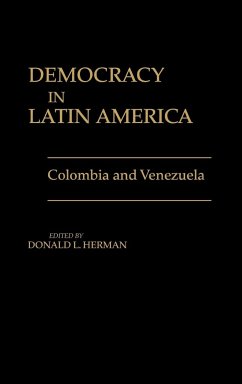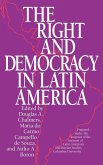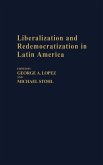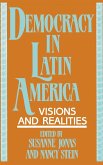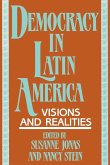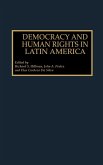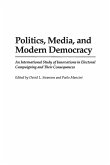Students of twentieth-century Colombia and Venezuela will find in the essays useful information on events taking place there through the mid-1980s. Teachers of Latin American government and politics will be able to use these essays as case studies of consociational democracy in the region. And all Latin Americanists will welcome the advent of scholarly writing informed by the consociational model that provides us an approach to contemporary Latin American politics that is at once enlightening and convincing. Southeastern Latin Americanist Venezuela and Columbia both have two-sided structures of democracy. They combine the Liberal Democratic/Anglo-American model and the Latin American model. The first includes the procedural norms of free elections, citizen participation, individual rights, and multi-interest groups. The second comprises the substantive norms of economic development and social justice. The contributors address the following questions: Is one or the other model more significant? How much of a blending or overlap, if any, exists between these two models? Is there a third model that is more significant? In answering these questions, the contributors examine such principal components as national structures and societal evolution, political parties, economic development, the state and the military, guerilla movements, international relations and foreign policy, and the drug trade. Editor Donald L. Herman concludes this study by offering a prognosis for the two respective regimes for the rest of the twentieth century.
Hinweis: Dieser Artikel kann nur an eine deutsche Lieferadresse ausgeliefert werden.
Hinweis: Dieser Artikel kann nur an eine deutsche Lieferadresse ausgeliefert werden.

